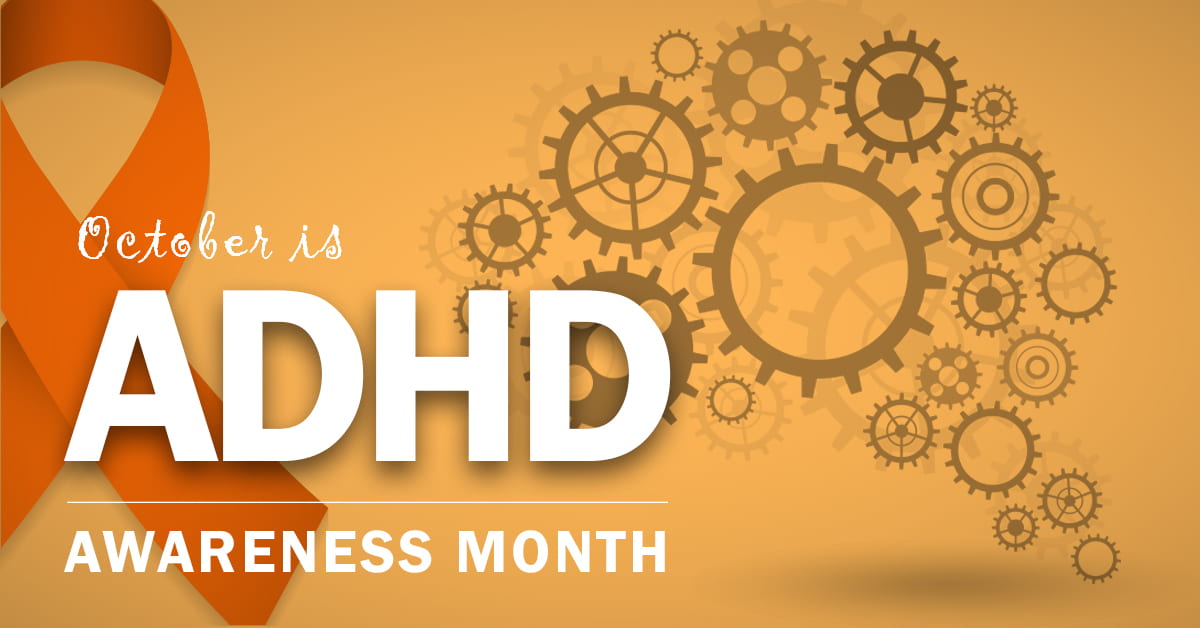Attention Deficit Hyperactivity Disorder (ADHD) is a neurodevelopmental condition characterised by inattention, distractibility and/or hyperactivity and impulsivity. ADHD can impact executive functioning and self-regulation, and students with ADHD may find it difficult to organise and prioritise tasks, utilise working memory, stay focused and maintain productivity.
Students with ADHD can also be creative, passionate, resilient, spontaneous and engaging – and great lateral thinkers and problem solvers.
Research estimates around 5 percent of the population have ADHD, but only 1-2 percent are diagnosed. According to ADHD New Zealand Chairperson Darrin Bull, about 280,000 people in Aotearoa have ADHD, while a further 20 percent don’t realise they have it. In August, representatives from New Zealand Police, Te Whatu Ora | Health New Zealand, Manatū Hauora | Ministry of Health and professional medical colleges met with ADHD New Zealand and the Green Party to discuss outcomes that would positively impact the ADHD community. These relate to ADHD diagnosis and treatment, access to medication, increased understanding of ADHD, building a consistent model for service, and quality training for healthcare workers.
Student support available at the University
Inclusive Learning Advisers provide 1-1 academic support focusing on managing ADHD at university, including organisational tools, workload management strategies, and neurodiverse wellbeing. Inclusive Learning Advisers can also support students with ADHD in communicating with their lecturers and other academic staff about their learning needs.
If you have ADHD and would like to meet with a learning adviser or join our ADHD peer groups, please contact the Inclusive Learning Team.
University of Auckland staff support
If you are teaching someone who has ADHD, and you would like to find out more about supporting students with ADHD:
- ADHD in tertiary education organisations
- Inclusive Teaching – ADHD
- Supporting students with ADHD in the Tertiary Sector – ADCET webinar
Useful resources
If you or someone you know has ADHD and would like to know more, here are some useful resources:

